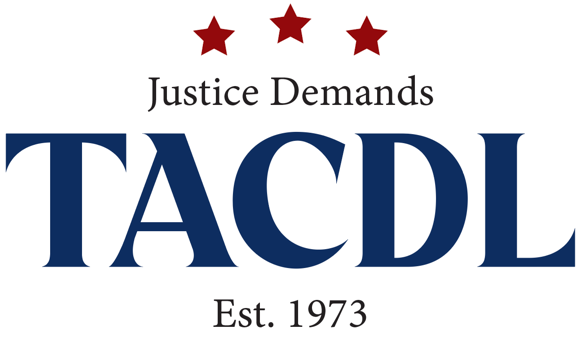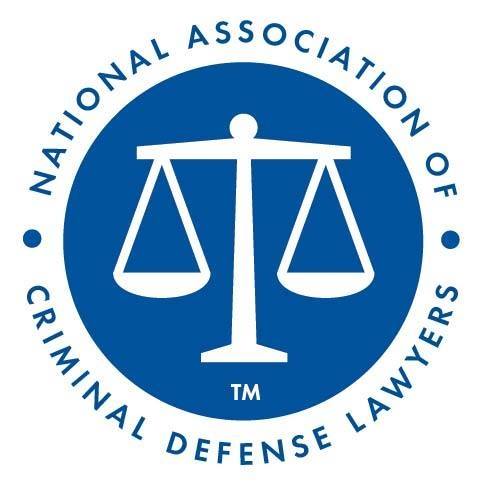Methamphetamine Defense
Request a ConsultationMethamphetamine Defense Attorney in Nashville, Tennessee
Criminal Defense in Davidson and Wilson County
Facing methamphetamine charges in Tennessee can feel overwhelming. The state has carved out special laws and mandatory penalties that make meth cases tougher than many other drug crimes. As a defense lawyer serving Nashville–Davidson County and nearby Wilson County, I am here to help you understand the landscape, protect your rights, and fight for the best possible outcome.
How Tennessee Classifies Methamphetamine (Schedule II)
Methamphetamine is listed as a Schedule II controlled substance, meaning lawmakers see it as having a high potential for abuse but limited accepted medical uses. In 2014 the legislature created T.C.A. § 39‑17‑434, a separate statute for meth offenses that imposes enhanced penalties and mandatory minimum sentences.
Types of Methamphetamine Charges in Tennessee
Simple Possession / Casual Exchange
Class A misdemeanor · 30‑day mandatory jail (served at 100 %) · $750 minimum fine for a first conviction. Courts may allow the 30 days to be served in a certified drug‑ or recovery‑court program with full credit.
Possession With Intent to Sell, Deliver, or Distribute
- < 0.5 g: Class C felony, fine up to $100,000
- ≥ 0.5 g: Class B felony, fine up to $100,000
- ≥ 26 g: Class B felony, fine up to $200,000
Manufacturing Methamphetamine
Class B felony (8–30 years) and restitution for lab cleanup.
Promotion of Methamphetamine Manufacture
Class D felony · triggered by possessing more than 9 g of precursors or allowing property to be used for manufacturing. Possessing 15 g or more creates a presumption of intent (T.C.A. § 39‑17‑433).
Driving While in Possession of Methamphetamine
Having 5 g or more of meth while driving is a separate offense: first conviction is a Class B misdemeanor ($500 fine), second is a Class A misdemeanor ($1,000 fine), plus a five‑year license revocation and possible vehicle forfeiture (T.C.A. § 55‑50‑506).
Penalties for Methamphetamine Convictions in Nashville
| Conviction | Mandatory Minimum Fine |
|---|---|
| First felony drug conviction | $2,000 |
| Second felony drug conviction | $3,000 |
| Third or subsequent felony drug conviction | $5,000 |
Tennessee statutes change frequently; always consult a qualified attorney about your specific situation.
Common Defense Strategies for Meth Charges
- Illegal search & seizure: Challenging traffic stops, home searches, or defective warrants.
- Actual vs. constructive possession: When drugs are found in a shared space, the State must prove knowing control.
- Treatment alternatives: Using Davidson or Wilson County Drug Courts to satisfy mandatory time through structured recovery programs.
What to Do Immediately After a Meth Arrest
- Stay silent: Invoke your right to remain silent and request a lawyer.
- Call an attorney quickly: Early action helps preserve evidence and negotiate release conditions.
- Follow bond terms: Comply with testing and check‑ins.
- Gather helpful proof: Treatment records, character letters, phone logs, or receipts that counter the State’s theory.
Get Help from a Nashville Methamphetamine Defense Attorney
Every hour counts after an arrest. Get in touch today for a free, no‑pressure consultation. Let’s start building your defense and protecting your future.









